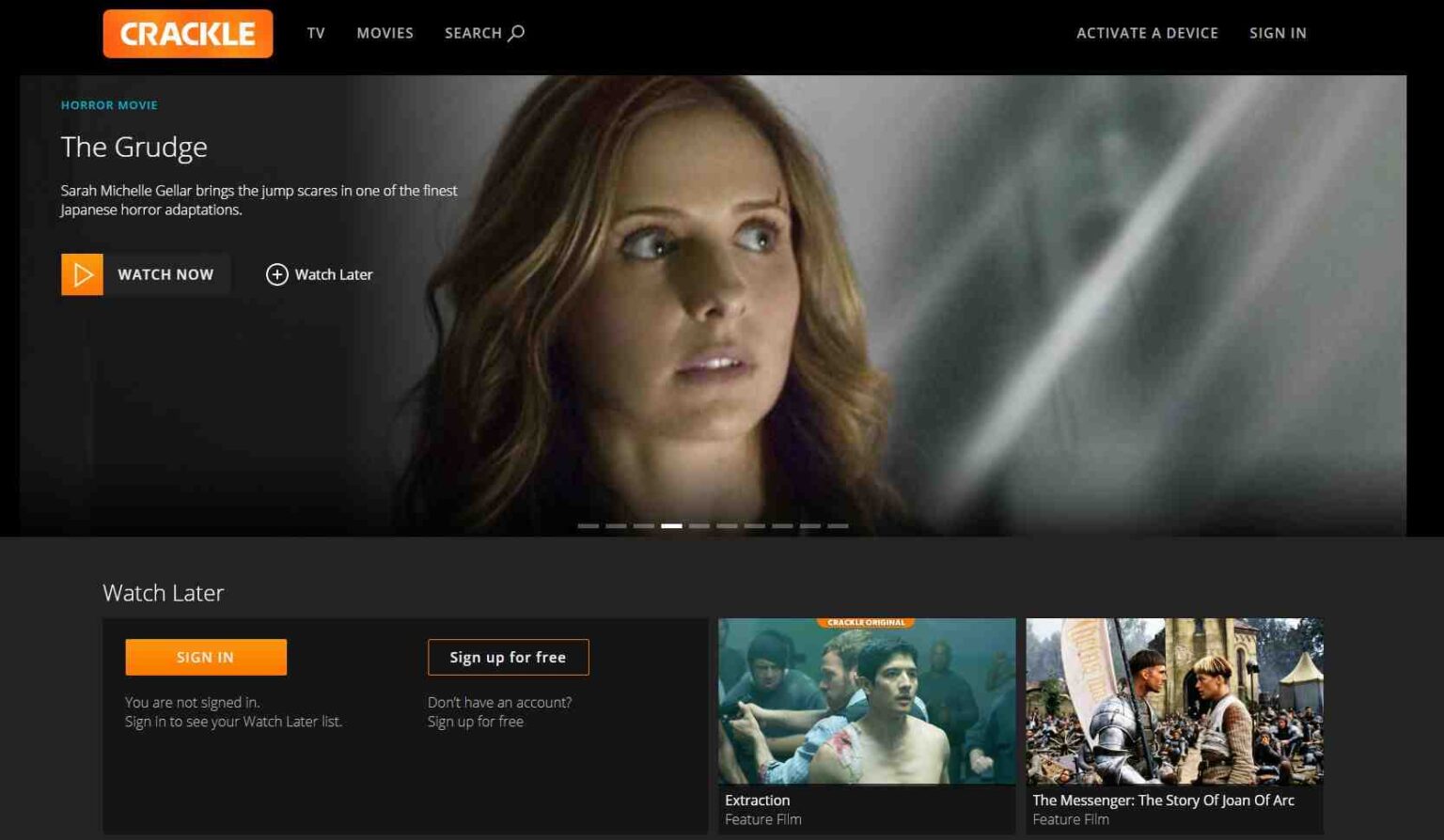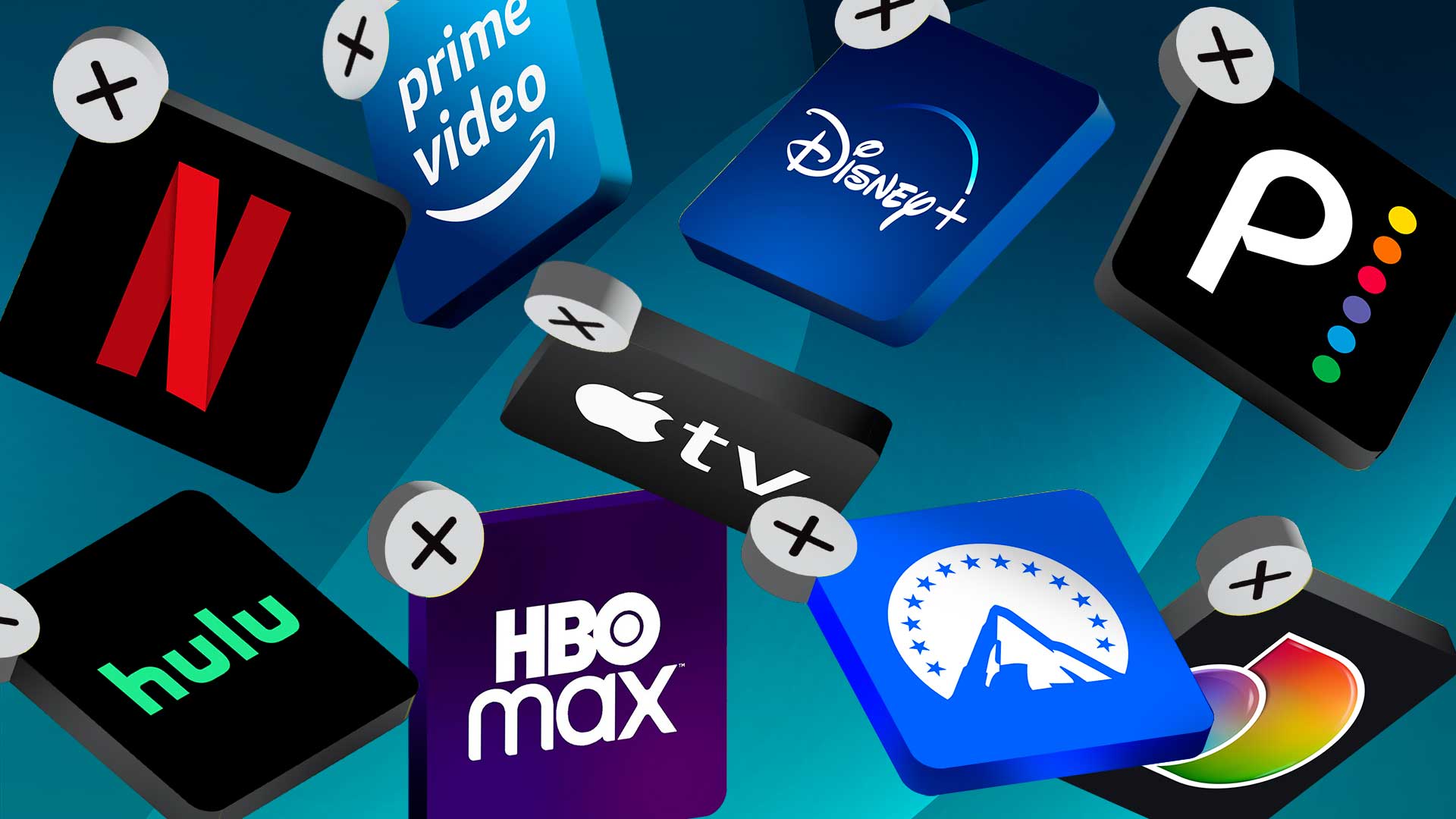
What does the bankruptcy of ‘Crackle’ mean for indie filmmakers?
The bankruptcy of Crackle, once a staple for indie filmmakers seeking a platform, has sent shockwaves through the industry. Crackle’s demise signals a seismic shift, raising questions about the sustainability of ad-supported streaming services. Chicken Soup for the Soul Entertainment’s financial woes have left filmmakers like Kimberly Kates scrambling. “I hadn’t been paid by Chicken Soup for over a year!” reflects Kates, now thriving with Filmhub. This turmoil underscores the precarious nature of indie film distribution.

Cooling the Indie Magic
For indie filmmakers, Crackle’s bankruptcy is a serious setback. Once a promising haven for edgy, original content, it now leaves creators scrambling for alternatives. While some found success in other venues, the void left by Crackle is palpable. Independent projects, especially niche genres, now face even steeper climbs to find audiences.
CSSE’s fiscal drama shows the inherent risk in spreading too thin. Juggling Redbox, pet food, and streaming services created an unsustainable financial strain. For indie filmmakers, it’s a cautionary tale of overextension. Relying solely on platforms like Crackle can lead to abrupt disruptions, highlighting the need for diverse distribution strategies.
Kimberly Kates from Filmhub put it bluntly: “I hadn’t been paid by Chicken Soup for over a year! The Filmhub team helped me through the whole process and within a month of going live we grossed more than we’d seen from our former distributor in years. I love working with Filmhub and their transparent system.” With Filmhub proving more reliable, it’s clear: indie filmmakers need adaptable and supportive partners more than ever.

Indie filmmakers scramble for stability
With Crackle’s demise, indie filmmakers face a new hurdle. Many relied on Crackle’s ad-supported platform for exposure. Now, they must find alternative venues to showcase their work. The shakeup reiterates the unstable landscape of digital film distribution, leaving many pondering their next step.
For some, platforms like Filmhub emerge as salvation. Unlike Crackle, Filmhub offers a transparent and more reliable revenue model. Kimberly Kates, an indie filmmaker, has found success and consistency after leaving Chicken Soup. “Within a month of going live, we grossed more than we’d seen from our former distributor in years,” she enthuses.
Fans are also impacted. Crackle’s unique catalog included gems that might now get lost in the shuffle. We’re seeing a broader trend where niche and indie content thins out on the major streaming giants. It’s a tough pill for true cinephiles to swallow, potentially pushing them toward alternative, albeit fragmented, platforms.

Reeling from the revenue loss
Crackle’s bankruptcy impacts more than just filmmakers—it disrupts the entire indie scene. With fewer platforms, the competition for visibility intensifies. Ad-supported services, once a ***lifeline***, now look dubious. While filmmakers scramble, audiences lose out on diverse, groundbreaking content once easily accessible on Crackle.
The repercussions echo industry-wide. Chicken Soup for the Soul Entertainment’s financial missteps exemplify the volatility of multimedia ventures. Balancing different industries, CSSE’s downfall is a stark lesson. Indie filmmakers must now navigate a fragmented market, where finding dependable partners has never been more crucial for their creative survival.
There’s an urgent need for stable, transparent distribution channels like FilmHub. For Kimberly Kates and many others, FilmHub’s reliability is a sanctuary in these tumultuous times. As Kates noted, she saw significant earnings quickly after switching from CSSE. This shift underscores that adaptability and trust are paramount in the current landscape of indie film distribution.

Indie filmmakers scramble for stability
With Crackle’s demise, indie filmmakers face a new hurdle. Many relied on Crackle’s ad-supported platform for exposure. Now, they must find alternative venues to showcase their work. The shakeup reiterates the unstable landscape of digital film distribution, leaving many pondering their next step.
For some, platforms like Filmhub emerge as salvation. Unlike Crackle, Filmhub offers a transparent and more reliable revenue model. Kimberly Kates, an indie filmmaker, has found success and consistency after leaving Chicken Soup. *Within a month of going live, we grossed more than we’d seen from our former distributor in years,* she enthuses.
Fans are also impacted. Crackle’s unique catalog included gems that might now get lost in the shuffle. We’re seeing a broader trend where niche and indie content thins out on the major streaming giants. It’s a tough pill for true cinephiles to swallow, potentially pushing them toward alternative, albeit fragmented, platforms.

Indie filmmakers scramble for stability
With Crackle’s demise, indie filmmakers face a new hurdle. Many relied on Crackle’s ad-supported platform for exposure. Now, they must find alternative venues to showcase their work. The shakeup reiterates the unstable landscape of digital film distribution, leaving many pondering their next step.
For some, platforms like Filmhub emerge as salvation. Unlike Crackle, Filmhub offers a transparent and more reliable revenue model. Kimberly Kates, an indie filmmaker, has found success and consistency after leaving Chicken Soup. *Within a month of going live, we grossed more than we’d seen from our former distributor in years*, she enthuses.
Fans are also impacted. Crackle’s unique catalog included gems that might now get lost in the shuffle. We’re seeing a broader trend where niche and indie content thins out on the major streaming giants. It’s a tough pill for true cinephiles to swallow, potentially pushing them toward alternative, albeit fragmented, platforms.

Indie filmmakers scramble for stability
With **Crackle**’s descent into bankruptcy, the indie film community loses more than just a platform—it faces the stark reality of an unstable digital distribution landscape. Filmmakers now must pivot to platforms like **Filmhub**, which promises transparency and reliability absent in **Crackle**’s later years. **Kimberly Kates**’ experience heralds a shift towards partners that support, not impede, artistic endeavors.
For audiences, this upheaval means the potential loss of unique, edgy content. Fewer platforms might streamline choices but often cull the diversity that indie films provide. As the dust settles, one thing becomes clear: adaptability and judicious choice of distribution partners have never been more crucial for indie filmmakers. The industry waits to see who will rise from **Crackle**’s ashes, providing a stable haven for creative voices to flourish.



